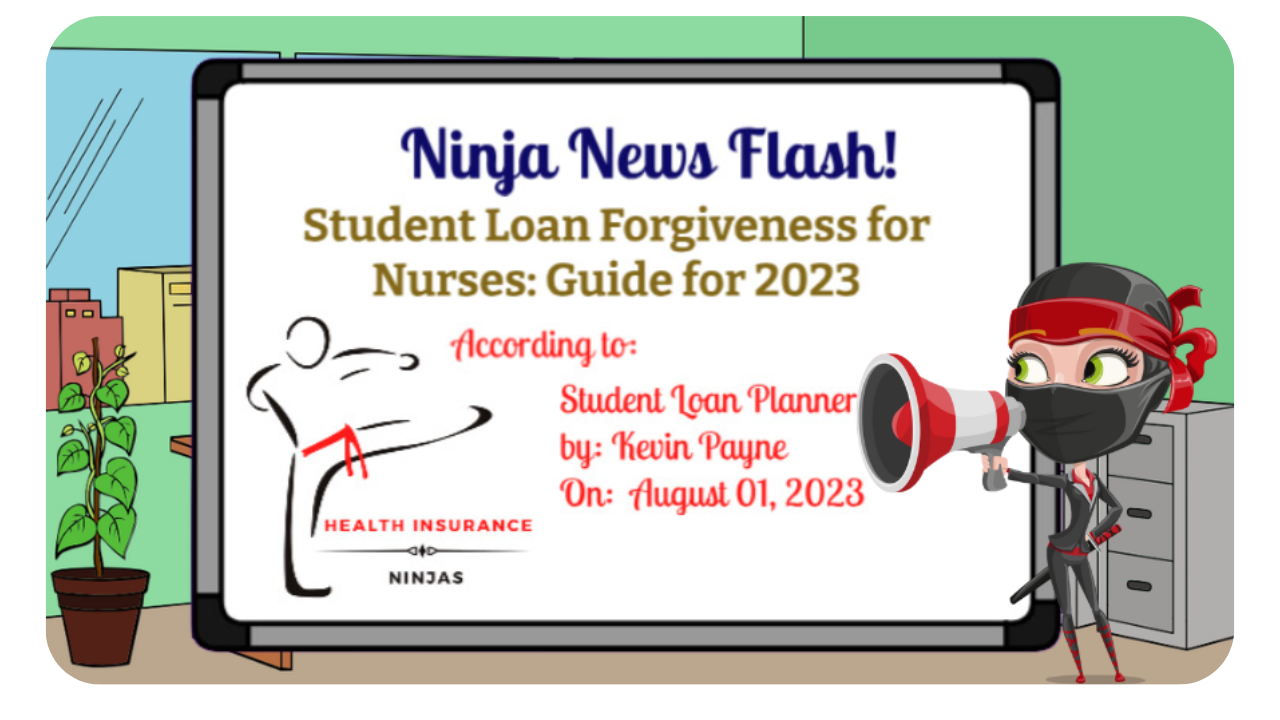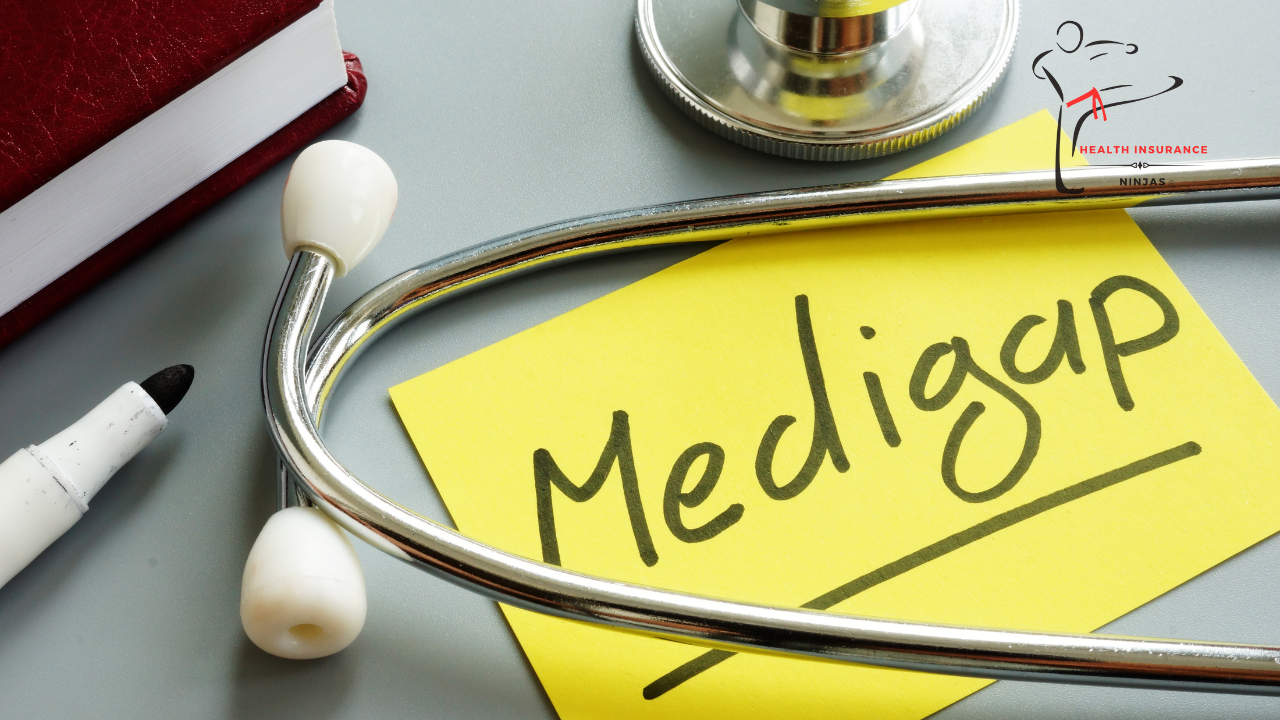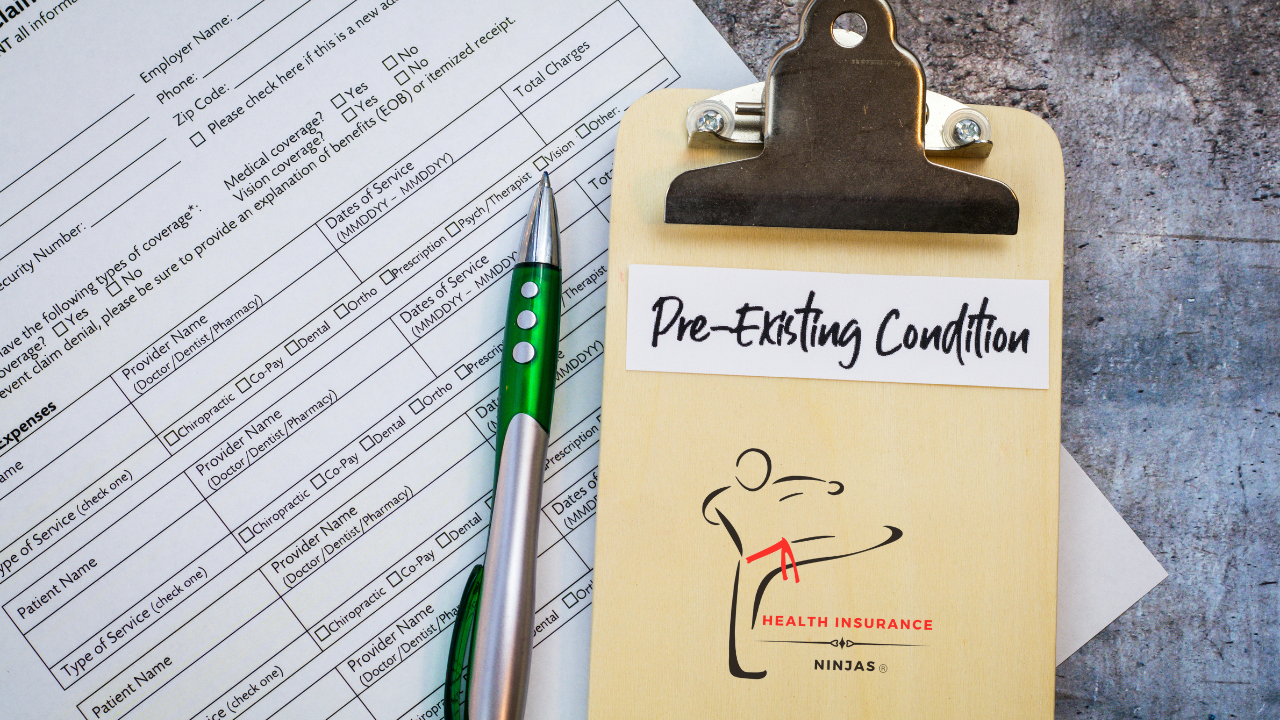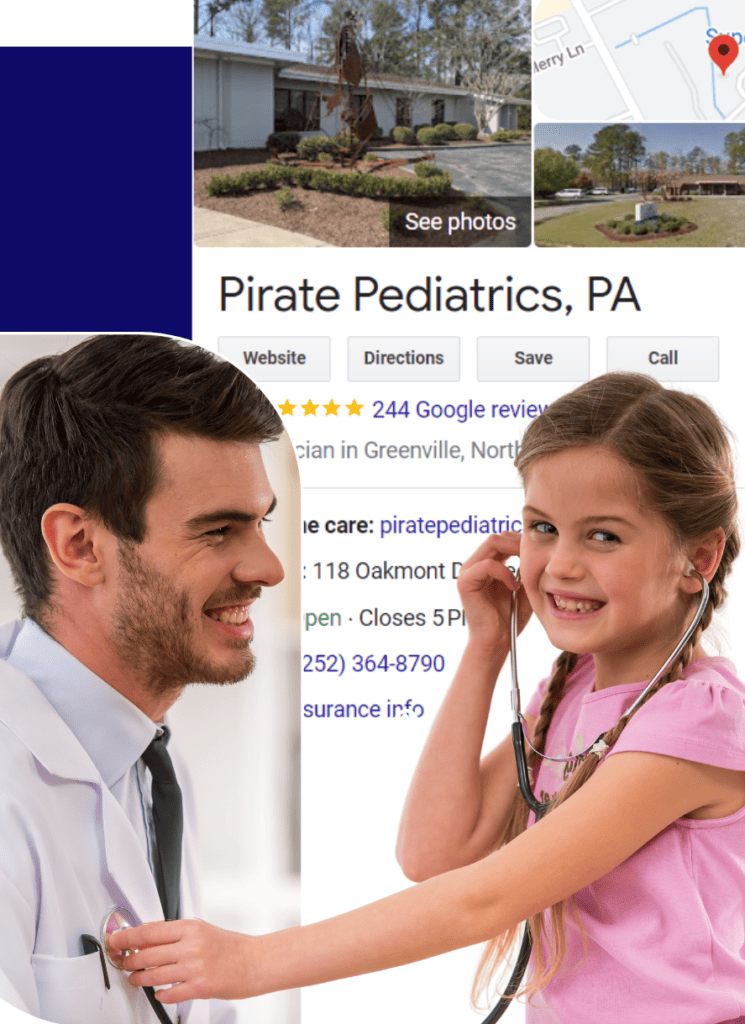
Student Loan Forgiveness for Nurses: What You Need to Know
- November 30, 2023
- Ninja News Flash
Student Loan Forgiveness can be the answer to many nurses struggling with debt.
There is hope for relief through student loan forgiveness programs specifically designed for healthcare professionals. These programs aim to alleviate the financial strain of loans and incentivize nurses to work in underserved areas or in high-need specialties.
By taking advantage of these opportunities, you can not only achieve financial freedom but also make a positive impact on communities in need. In this guide, we will provide you with all the information you need to know about student loan forgiveness for nurses, including eligibility requirements and application processes. Take a step towards a brighter future and explore the possibilities that await you in your nursing career!
New SAVE Plan
The introduction of the new SAVE plan, Saving on a Valuable Education, brings hope to nurses seeking student loan forgiveness in 2023 and 2024. Previously, many nurses were unable to qualify for forgiveness under the old REPAYE plan. However, with the implementation of the SAVE plan, nurses now have a better chance at receiving forgiveness.
Under the old REPAYE plan, nurses had to pay 10% of their income above 150% of the poverty line. The new SAVE plan only requires 5% of income for undergraduate loans. This significant reduction in payment can make a world of difference for struggling nurses.
Additionally, there are new strategies available under the SAVE plan that were not previously offered under REPAYE. For instance, filing taxes separately to exclude spousal income is now an option. This can further alleviate financial burdens for nurses and provide additional opportunities for loan forgiveness.
What Can This Type of Student Loan Forgiveness Look Like?
Let’s delve into some numbers to truly grasp the impact of this update. Imagine a nurse earning $80,000 per year with a spouse earning the same amount. With three children and filing taxes separately, this nurse has $30,000 of debt from their undergraduate studies.
Under the old REPAYE plan, their monthly payment would have been $894. However, with the new SAVE plan, their payment decreases significantly to just $52 per month. Over ten years, this nurse will only pay a total of $7,165 on their loans – an amount that previously would not have qualified them for Public Service Loan Forgiveness (PSLF) at all.
This fantastic opportunity is often overlooked by most nurses unaware of its existence. If you need guidance in determining which nursing forgiveness option is best suited for you, don’t hesitate to book a consultation with one of our expert student loan consultants who have received over 2,300 five-star reviews. Together, we can explore these newfound possibilities and pave your way towards financial freedom through student loan forgiveness.
According to:
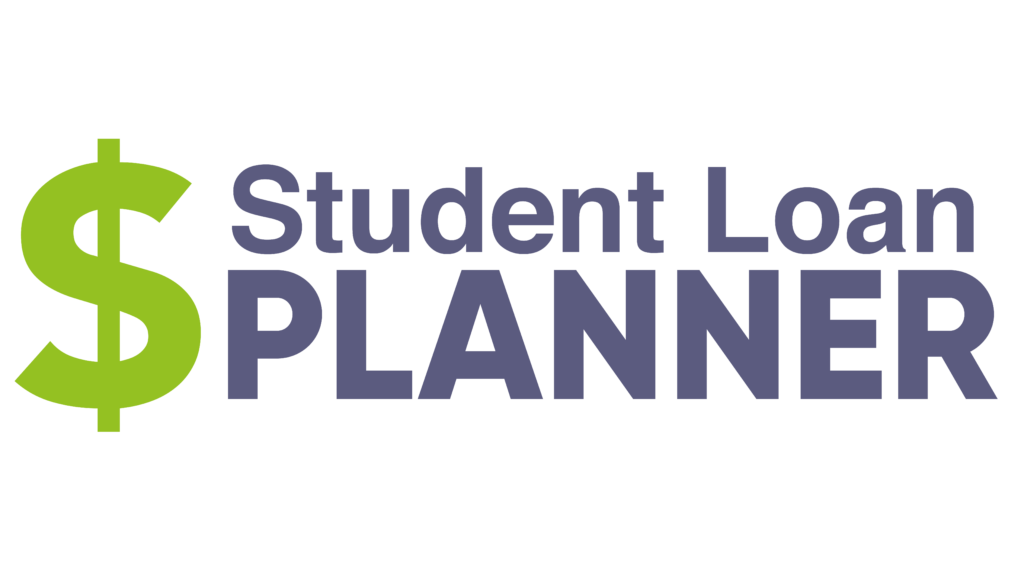
Public Service Loan Forgiveness
Public Service Loan Forgiveness (PSLF) is one of the most beneficial loan forgiveness programs available to nurses. It offers relief to public service professionals with qualifying federal Direct Loans.
To qualify for Public Service Loan Forgiveness, you must meet the following requirements:
- Have student loans through any federal income-driven repayment (IDR) program.
- Make 120 qualifying payments on your student loan. These payments don't have to be consecutive but must be made on time and in full.
- Work for a government or qualifying nonprofit organization throughout the entire payment period and during the application process.
What Qualifies for This Type of Student Loan Forgiveness ?
Qualifying organizations include federal, state, local, or tribal government agencies, as well as tax-exempt not-for-profit organizations under Section 501(c)(3) of the Internal Revenue Code. Other types of not-for-profit organizations may also qualify if their primary purpose is to provide certain types of public services.
The four Income-Driven Repayment Plans that qualify for Public Service Loan Forgiveness are Pay As You Earn (PAYE), Saving on a Valuable Education (SAVE), formerly known as REPAYE, Income-Based Repayment (IBR), and Income-Contingent Repayment (ICR). These plans can help make your loan payments more manageable while working towards loan forgiveness.
The Limited IDR Waiver Program
If you’re a nurse or any other borrower, the IDR Waiver program is here to help you. This program recognizes and rewards your hard work by giving you credit for qualifying payments towards PSLF or an IDR repayment plan. To receive PSLF credit, it’s important to be employed at a qualifying employer when the Department of Education calculates your forgiveness credit.
Excitingly, updates to your forgiveness counts will continue until the end of 2023, according to StudentAid.gov. The progress you’ve made will be recognized and acknowledged throughout this period.
To make it even easier for you, there’s no need to fill out a separate application form for the one-time IDR adjustment. However, if you have an FFEL loan, it’s essential to apply for consolidation before December 31, 2023 in order to ensure PSLF credit. Keep your hopes high because relief is within reach!
Perkins Loan Cancellation
There is hope for nurses with Federal Perkins loans! Through five years of qualifying full-time service, these nurses have the opportunity to have up to 100% of their student loans canceled. If you received Perkins loans before the program ended in September 2017, you are still eligible to apply for Perkins loan cancellation. To get started, simply reach out to your school’s financial aid department or your designated loan servicer. Take advantage of this chance to alleviate your student loan burden and pursue a brighter future in nursing.
Nurse Corps Loan Repayment Program
If you meet the qualifications, the Nurse Corps Loan Repayment Program offered by the National Health Service Corps (NHSC) can be a great opportunity for nurses with student loan debt. Through this program, eligible nurses can have up to 85% of their loans paid off while working in a critical shortage facility in the United States.
To qualify for the Nurse Corps Loan Repayment Program, you must be a licensed registered nurse, an advanced practice registered nurse, or a nurse faculty member with qualifying nursing debt. You must have received your nursing education from an accredited school located in the U.S. Additionally, you must work full-time either in an eligible critical shortage facility in a high-need area or as a member of the nurse faculty at an accredited school of nursing.
It’s important to note that payments made through the Nurse Corps Loan Repayment Program are subject to federal taxes. This means that federal income tax and FICA taxes will be withheld from your payments. However, these taxes are taken care of on your behalf and paid directly to the IRS. As a result, the total amount repaid will be slightly less than the percentage awarded.
Overall, participating in the Nurse Corps Loan Repayment Program can provide significant financial relief for qualifying nurses with student loan debt. It’s an opportunity to make a positive impact while receiving assistance with repayment.
Military Student Loan Forgiveness for Nurses
The United States military provides a ray of hope for nurses burdened by student loans, offering enticing student loan forgiveness programs. It’s important to note that these favorable repayment options are only available to individuals who have not yet served in the military.
Similar to other military college loan repayment programs, these initiatives focus on paying off the outstanding principal balance of your student loans. Unfortunately, accrued interest is not within the scope of coverage.
It is also worth mentioning that unlike Public Service Loan Forgiveness (PSLF), loan repayment through the military counts as taxable income, as per the IRS regulations. Consequently, it is mandatory to report this annually. However, one advantageous aspect is that payments are made directly to your lender under the military repayment programs. Additionally, taxes are withheld for the IRS before payments are disbursed, providing some ease in managing financial obligations.
Should You Explore Student Loan Forgiveness?
There are numerous options available for nurses seeking assistance in paying off their student loan debt. Certain programs even cover the accrued interest, lightening your financial burden. However, it is important to note that not all repayment programs are tax-free, so it’s crucial to consider this aspect when choosing a student loan forgiveness or repayment plan that suits you best.
While many repayment options require working in underprivileged areas with limited healthcare professionals, there are alternative approaches to expedite the process of paying off your student loan debt if those areas do not align with your interests. Take heart in knowing that there are pathways available for nurses like you to achieve financial freedom and embark on a fulfilling career.
The Ninja News Flash⚡
Subscribe today for bi-weekly free resources, alerts, freebies, and more specifically for travel nurses, PRNs, and O/O Truckers valuable insights regarding YOUR Industry AND healthcare, insurance, and work/life balance. Like & Share please.
- Published: August 01, 2023
- Publication Site: Student Loan Planner
- Author Name: Kevin Payne
- Credited Full Article Here
Stay in the Ninja News Loop!
Subscribe to our monthly newsletter & receive all our free resources once a month in your Inbox.

Check Us Out!

The Truth About Per Diem Vs Part Time: What You Need To Know
Per Diem or Part Time nursing, what’s right for you? The world of nursing today presents an excellent variety of choices for work settings and
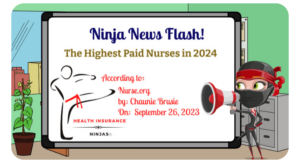
The Best Paying Nursing Jobs of 2024: Maximize Your Earnings
Nursing jobs can be very rewarding careers, both personally and financially. The median annual salary for registered nurses (RNs) in the US is $81,220. However,
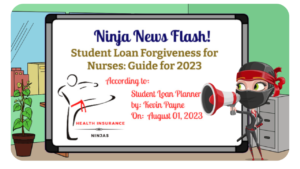
Student Loan Forgiveness for Nurses: What You Need to Know
Student Loan Forgiveness can be the answer to many nurses struggling with debt. There is hope for relief through student loan forgiveness programs specifically designed

How to Make the Most of Your Travel Nurse Salary
As a travel nurse, you have the unique advantage of potentially earning a significantly higher salary compared to staff nurses. This increased income presents an

